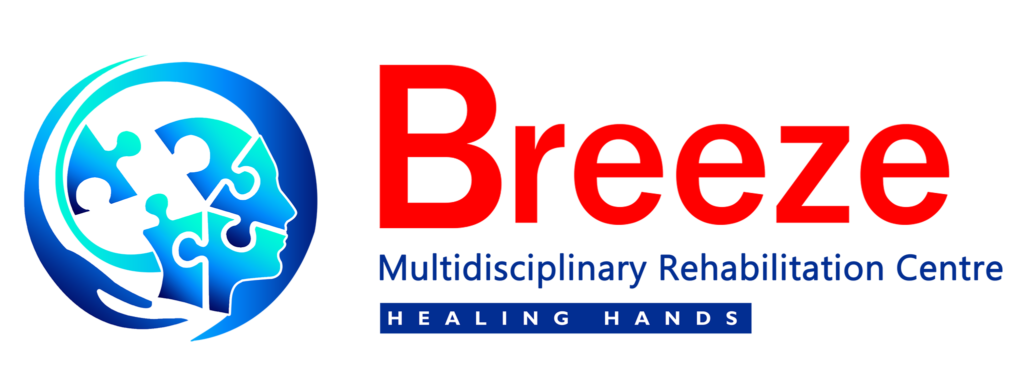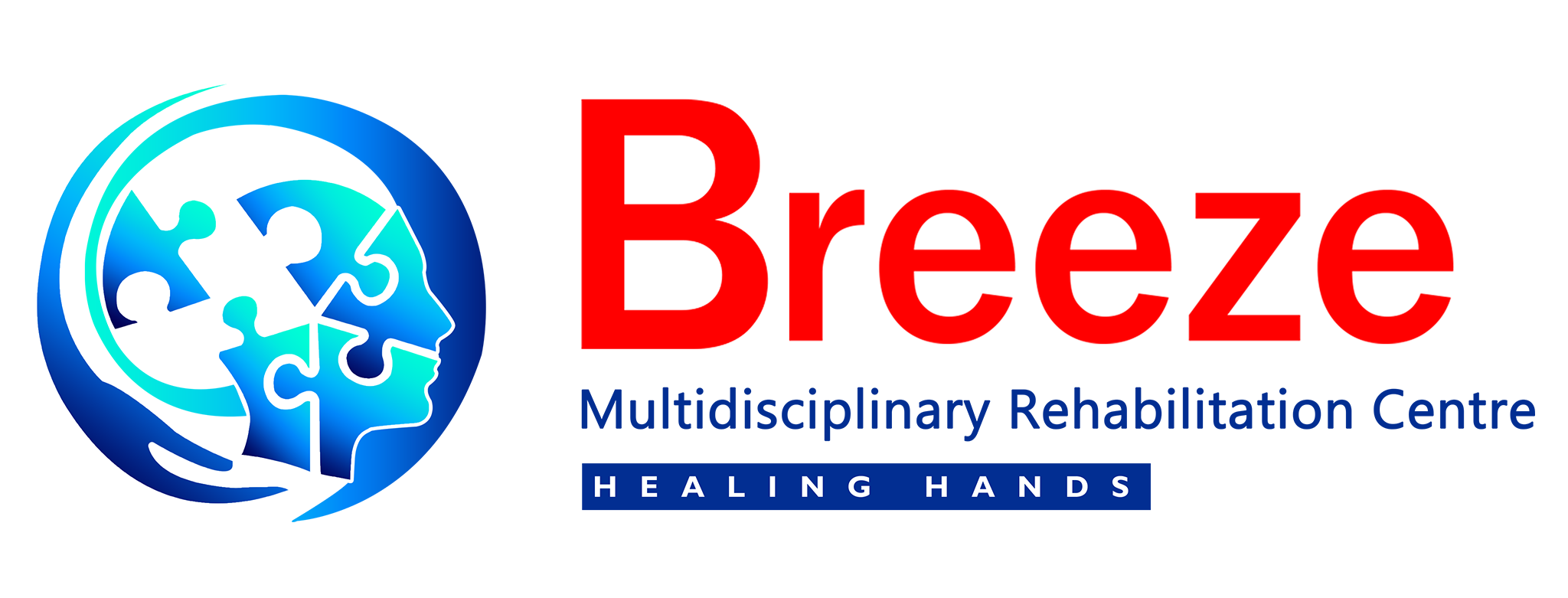
Developmental Delays:
Developmental milestones are key stages in a child’s growth, such as walking, talking, or social interaction, that typically occur within a certain age range. When a child does not reach these stages at the expected time, it is referred to as developmental delays.
There are various possible causes for developmental delays, including complications during pregnancy or birth, premature delivery, genetic conditions, infections, or head injuries during infancy or early childhood. However, in some cases, no specific cause can be identified.
There are no single, clear-cut symptoms of delayed milestones, but certain signs—such as difficulty learning new skills or struggling to perform age-appropriate tasks—can indicate a delay. If a child consistently falls behind expected developmental timelines, it may be a sign of delayed milestones and should be evaluated by a professional.
Fine and Gross Motor Skill Delay:
Motor skills are essential for a child’s physical development and are generally divided into two types:
Fine motor skills involve small, precise movements, such as holding a pen, writing, buttoning clothes, or playing with small toys.
Gross motor skills require larger movements, like climbing stairs, jumping, running, or throwing a ball.
While every child develops at their own pace, there are general milestones most children reach:
By 3 months: Able to lift their head
By 6 months: Sit with support
By 2 years: Begin walking independently
By 5 years: Stand on one foot for at least 10 seconds and use utensils like a fork and spoon
Signs of Fine or Gross Motor Delay
Some children may show signs of delay in developing these skills. Possible indicators include:
Floppy or unusually loose muscles in the arms, legs, or trunk
Stiff or rigid limbs
Limited or restricted movement in arms or legs
Inability to sit without support by 9 months
Persistent involuntary reflexes interfering with voluntary movements
Difficulty bearing weight on legs or standing by 1 year
Frequent falls, poor balance, or lack of coordination
If you notice any of these signs, it may indicate a delay in motor development and should be assessed by a healthcare professional for appropriate intervention.

